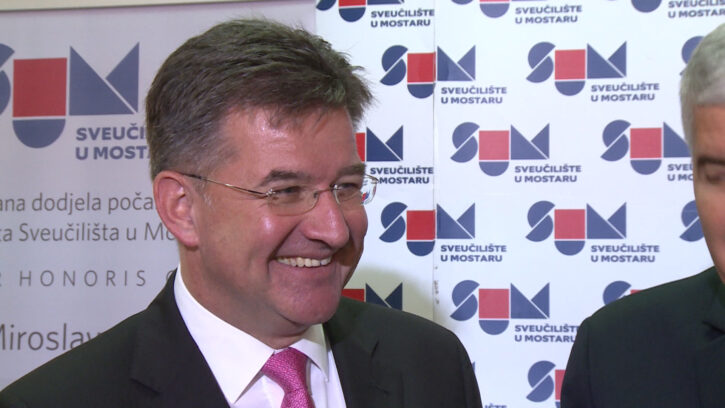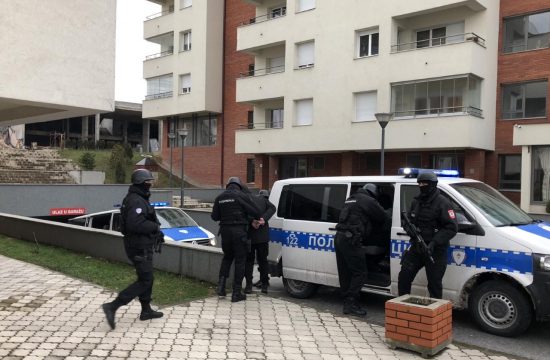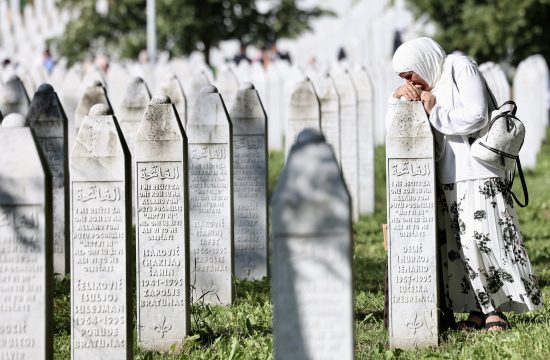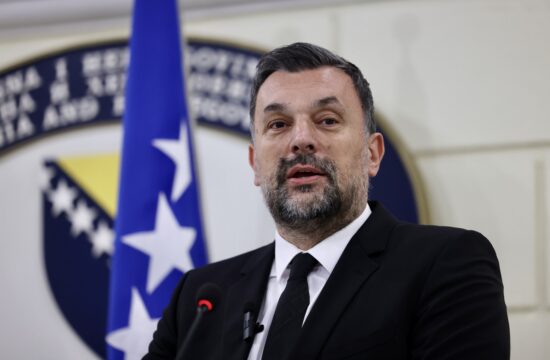
As long as there is no new government in Bosnia and no dialogue between political leaders, there will be no progress on the country’s path to EU membership, the Slovak Foreign Affairs Minister and former top international official in Bosnia said on Monday as he received an Honorary doctorate from the University of Mostar.
Former President of the UN General Assembly Miroslav Lajcak served as the High Representative – the international official overseeing the civilian implementation of the 1995 Dayton Peace Agreement – in Bosnia between 2007 and 2009.
He was awarded an honorary doctorate for his efforts in bringing Bosnia closer to the EU.
Lajcak met with the leader of the Croat Democratic Union (HDZ BiH) and President of Croat National Assembly (HNS), an organisation made up of Bosnian Croat parties, Dragan Covic, in Mostar.
The Slovak politician said that the European Union must be more “active, visible and present” in this region, adding that it is no secret that the issue of enlargement is “currently not very popular.”
He said the Union is trying to solve other problems such as “the issues of Brexit and Turkey,” and only then can it tend to enlargement.
But he added that he thinks it is a mistake that those two processes are not being dealt with at the same time as “we don’t have the luxury to keep this region waiting another five years until we resolve our issues.”
Lajcak expressed hope that the European Commission will begin working more on enlargement.
“It is very important that the new Commission clearly shows that it will enter that process seriously as the outgoing Commission could have done a better job when it comes to enlargement, especially during the first half of its mandate. I don’t want us to lose time again,” he said.
Lajcak also spoke about the political crisis in Bosnia which resulted in the country not having a new government nearly a year after the election.
“While there is no government, there is no dialogue, while there is no dialogue, there is no progress and no European path,” he said.
He argued that the situation which emerged is “more an issue of symbolism than of essence,” arguing that the process of forming the government should not be seen as “a win by some or a loss by others.”
“Everyone gains from the government being formed,” he said, adding that he thinks Croat leader Covic can help with that.
Covic stressed the importance of forming the government as well, saying that representatives of Bosnian Croats are exclusively committed to the EU and NATO, as well as cooperation and stabilisation of relations in the process of reaching a compromise for all issues important for the country.




